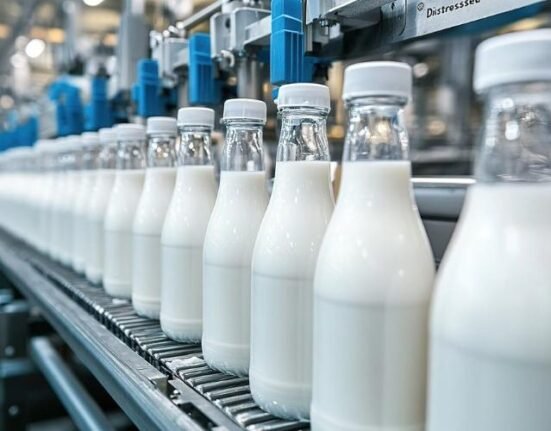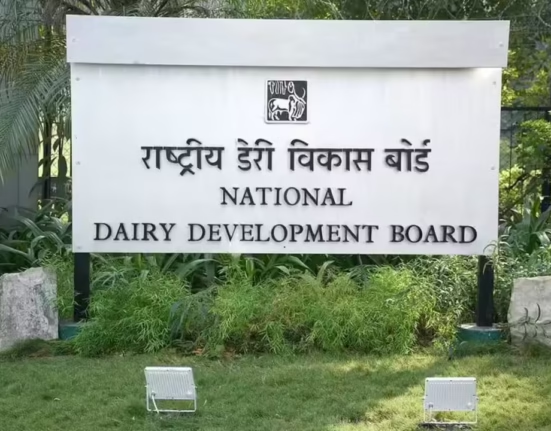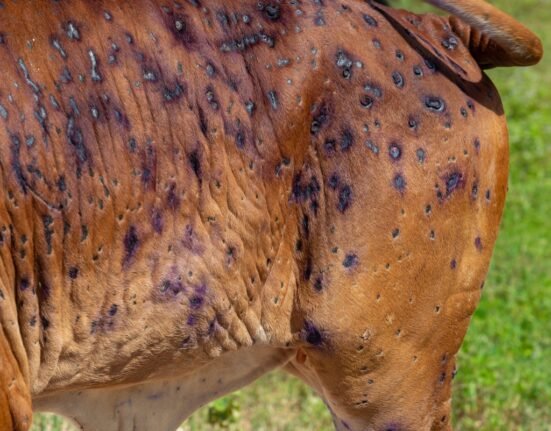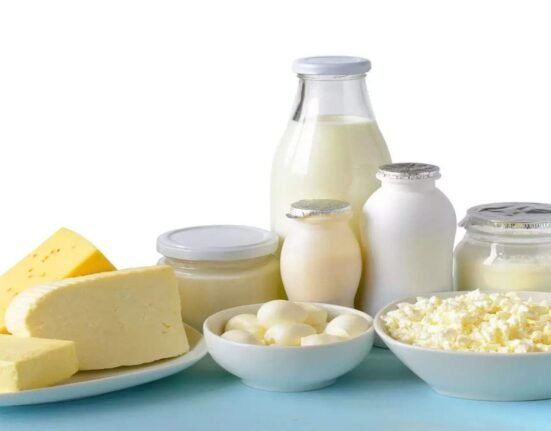Gandhinagar, June 3 — In a significant move to protect livestock productivity and public health, Gujarat hosted a state-level workshop on Antimicrobial Resistance (AMR), jointly organized by the Food and Agriculture Organisation (FAO) and the Animal Husbandry Department under the EU Tripartite AMR Pro”ect: “Working Together to Fight Antimicrobial Resis” ance.”
The workshop brought together experts, officials, and dairy leaders—including representatives from the National Dairy Development Board (NDDB)—to address the growing threat of antimicrobial resistance (AMR) in the animal husbandry sector.
🧫 Why AMR in Livestock Matters
Antimicrobial Resistance (AMR) refers to the ability of microbes to resist the effects of drugs that once killed them. In livestock, excessive or improper use of antibiotics—especially for disease prevention or growth promotion—has led to the development of resistant strains.
“Curbing AMR is essential for long-term livestock productivity, food safety, and public health.”
— Sandeep Kumar, Secretary, Animal Husbandry Department, Gujarat
These resistant bacteria can spread through:
- Milk and meat consumed by humans
- Farm waste is released into the environment
- Direct animal-human contact in rural communities Gujarat’s Dairy Achievements
Sandeep Kumar also highlights Gujarat’s success in the dairy sector:
- 18.31 million metric tonnes of milk pwere roduced in 2024
- 7.6 India’s total milk output
- Per capita milk availability grew from 291 grams/day (2000–01) to 700 grams/day today.
- Supported by over 36 lakh dairy farmers
Despite this, experts warn that antibiotic overuse could undermine these gains if not checked through science-backed regulation. Gujarat’s State Action Plan on AMR
Gujarat is one of the few Indian states with a dedicated AMR control plan aligned with India’s National Action Plan (2017). Key initiatives include:
-
✅ Monitoring antimicrobial use through lab and field data networks
-
✅ Regulating veterinary prescriptions to prevent misuse
-
✅ Training veterinarians, para-vets, and dairy farmers in responsible antibiotic practices
-
✅ Promoting biosecurity and disease prevention to reduce antibiotic dependence
“Gujarat’s success in dairy production must go hand-in-hand with responsible veterinary practices to ensure a sustainable and resilient future.”
— Dr. Falguni Thakkar, Director, Animal Husbandry Department
🩺 One Health: A Holistic Approach
The workshop emphasises’ the ‘One ‘ealth’ framework, which integrates:
- Human health
- Animal health
- Environmental protection
This model recognises the interconnectedness of AMR challenges and calls for cross-sector collaboration.
“This workshop marks a significant step in Gujarat’s AMR strategy and sets a benchmark for other Indian states.”
— Dr. Falguni Thakkar
🔍 Conclusion
With growing concerns around Gujarat’s active measures, they provide a replicable model for other Indian states. By integrating surveillance, farmer education, and responsible veterinary care, the state is not only protecting its dairy economy but also securing the health of future generations.








1 Comment